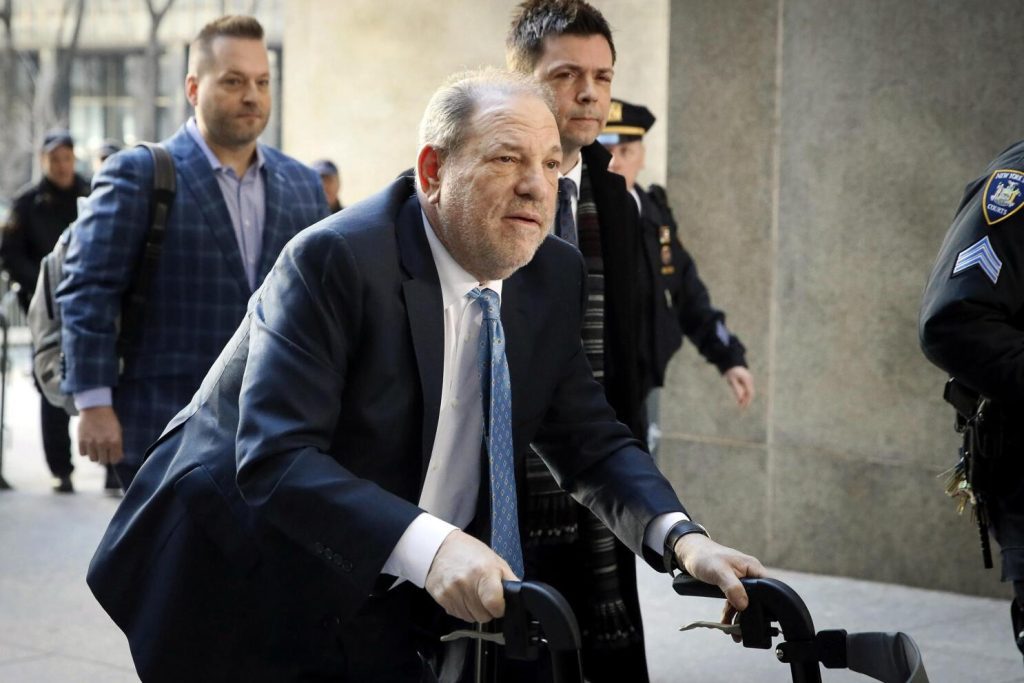Attorneys for Weinstein are set to argue before the Albany Court of Appeals, seeking a retrial on the basis of what they claim was an unfair trial in 2020. This appeal focuses on the contention that the judge allowed excessive and unrelated witness testimonies, which could have influenced the jury’s verdict.
Legal Grounds for Appeal
The core of Weinstein’s legal team’s argument lies in their belief that the trial was compromised by decisions that allowed testimonies unrelated to the charges. They argue that this inclusion of prior bad acts not directly related to the case at hand was prejudicial and swayed the jury against Weinstein. Arthur Aidala, Weinstein’s lawyer, emphasizes that their appeal seeks to challenge what they perceive as a deviation from standard legal practices, specifically targeting the actions of Judge James Burke during the 2020 trial.
In 2020, Weinstein was convicted of a criminal sex act and rape in the third degree, based on incidents from 2006 and 2013, respectively. Despite being acquitted of some charges, the trial marked a significant moment in the #MeToo movement, with Weinstein sentenced to a total of 39 years in prison across his New York and Los Angeles convictions. His legal team now argues that Judge Burke’s decision to allow the testimony of three women not directly involved in the case, along with potential evidence of Weinstein’s past behavior, unfairly influenced the trial’s outcome.
The appeal also scrutinizes the judicial discretion exercised by Judge Burke, suggesting that it contributed to an overwhelming bias against Weinstein. The defense points to the inclusion of numerous allegations of past misconduct that Weinstein could not directly contest without risking further incrimination. This strategy, they argue, effectively barred Weinstein from testifying in his own defense, thereby compromising his right to a fair trial.
Perspectives on Legal Precedents
New York’s legal framework, known for its restrictive approach to the admission of prior bad acts, is at the center of this debate. The 2022 affirmation of the verdict by a five-judge panel, despite some judges expressing reservations about the evidence allowed, underscores the ongoing discussion about fairness and justice in high-profile cases.
As Weinstein’s legal team presents their arguments for a retrial, the case not only revisits the specific legal challenges of Weinstein’s conviction but also reflects broader questions about due process and the influence of public opinion on judicial proceedings. With a decision from the Albany Court of Appeals pending, the outcome of this appeal could have significant implications for how similar cases are tried in the future, particularly in the context of the #MeToo movement and societal demands for accountability.


